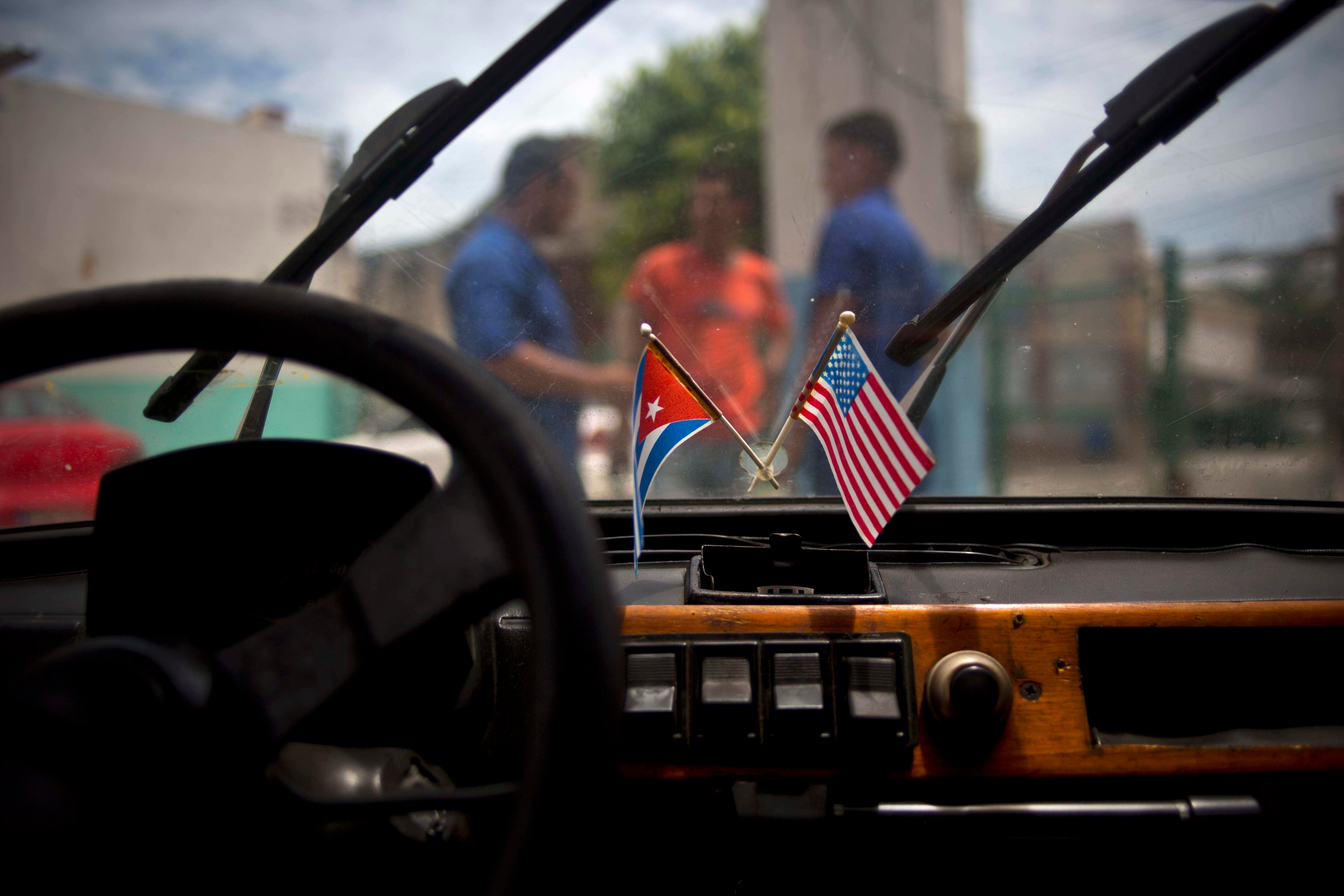UN votes overwhelmingly to condemn US embargo of Cuba
The U.N. General Assembly has voted overwhelmingly to condemn the American economic embargo of Cuba for the 30th year, with the Biden administration continuing former President Donald Trump's opposition and refusing to return to the Obama administration’s 2016 abstention

Your support helps us to tell the story
From reproductive rights to climate change to Big Tech, The Independent is on the ground when the story is developing. Whether it's investigating the financials of Elon Musk's pro-Trump PAC or producing our latest documentary, 'The A Word', which shines a light on the American women fighting for reproductive rights, we know how important it is to parse out the facts from the messaging.
At such a critical moment in US history, we need reporters on the ground. Your donation allows us to keep sending journalists to speak to both sides of the story.
The Independent is trusted by Americans across the entire political spectrum. And unlike many other quality news outlets, we choose not to lock Americans out of our reporting and analysis with paywalls. We believe quality journalism should be available to everyone, paid for by those who can afford it.
Your support makes all the difference.The U.N. General Assembly voted overwhelmingly Thursday to condemn the American economic embargo of Cuba for the 30th year, with the Biden administration continuing former President Donald Trump's opposition and refusing to return to the Obama administration’s 2016 abstention.
The vote in the 193-member General Assembly was 185 countries supporting the condemnation, the United States and Israel opposing it, and Brazil and Ukraine abstaining.
Cuban Foreign Minister Bruno Rodriguez said before the vote that since 2019, the U.S. government “has escalated the siege around our country, taking it to an even crueler and more humane dimension, with the purpose of deliberately inflicting the biggest possible damage on Cuban families.”
During the first 14 months of the Biden administration, the damage to the Cuban economy was estimated at $6.35 billion, equivalent to more than $15 million a day, Rodriguez said.
Thursday's 185-2 vote was similar to previous years.
The General Assembly’s vote in November 2019 was 187-3, with the U.S., Israel and Brazil voting “no” and Colombia and Ukraine abstaining.
The assembly’s 75th session began in September 2020, but because of the COVID-19 pandemic the vote on the Cuba resolution was postponed until June 2021, when the vote was 184-2 as the U.S. and Israel voted “no” and Brazil, Colombia and Ukraine abstained.
General Assembly resolutions are not legally binding and are unenforceable, but they reflect world opinion and the vote has given Cuba an annual stage to demonstrate the isolation of the U.S. in its decades-old efforts to isolate the Caribbean island nation.
The embargo was imposed in 1960 following the revolution led by Fidel Castro and the nationalization of properties belonging to U.S. citizens and corporations. Two years later it was strengthened.
Then Cuban President Raul Castro and President Barack Obama officially restored relations in July 2016, and that year the U.S. abstained on the resolution calling for an end to the embargo for the first time. But Obama’s successor, Donald Trump, sharply criticized Cuba’s human rights record, and in 2017 the U.S. again voted against the resolution.